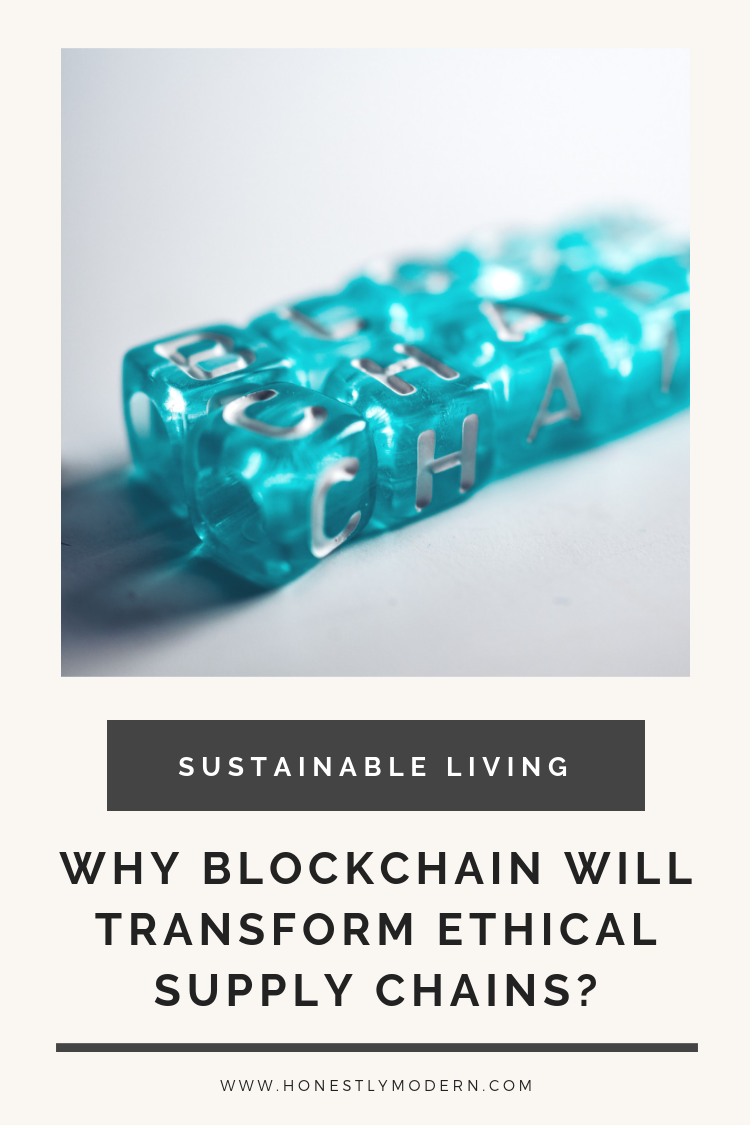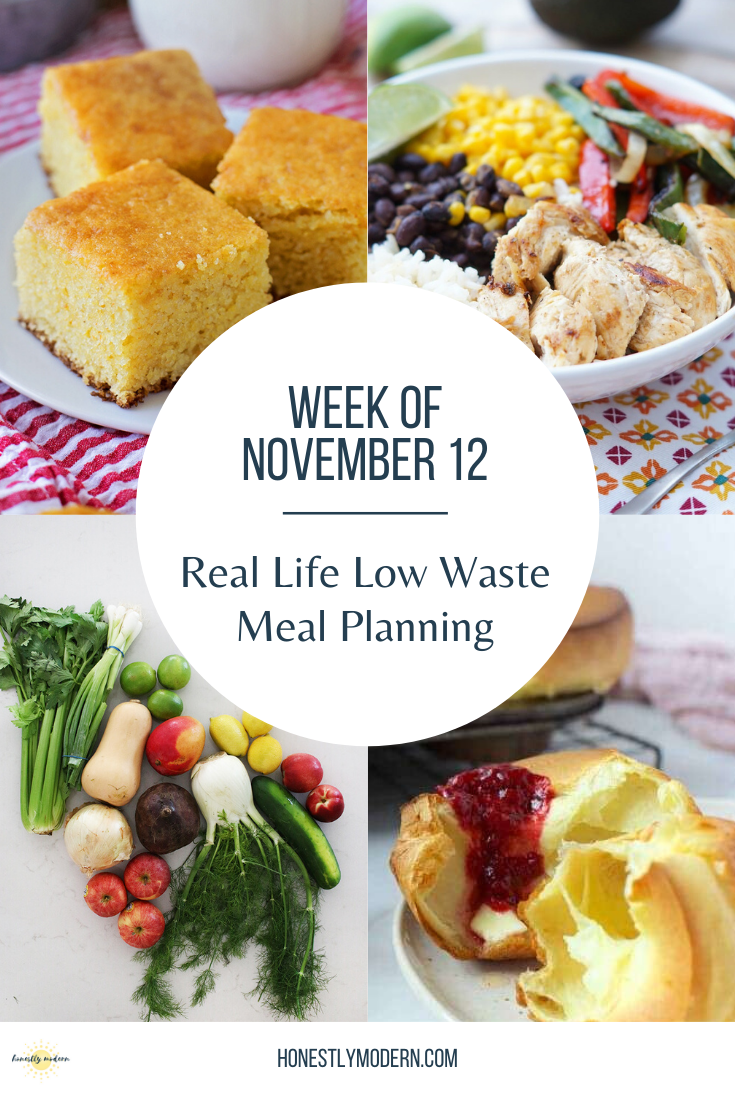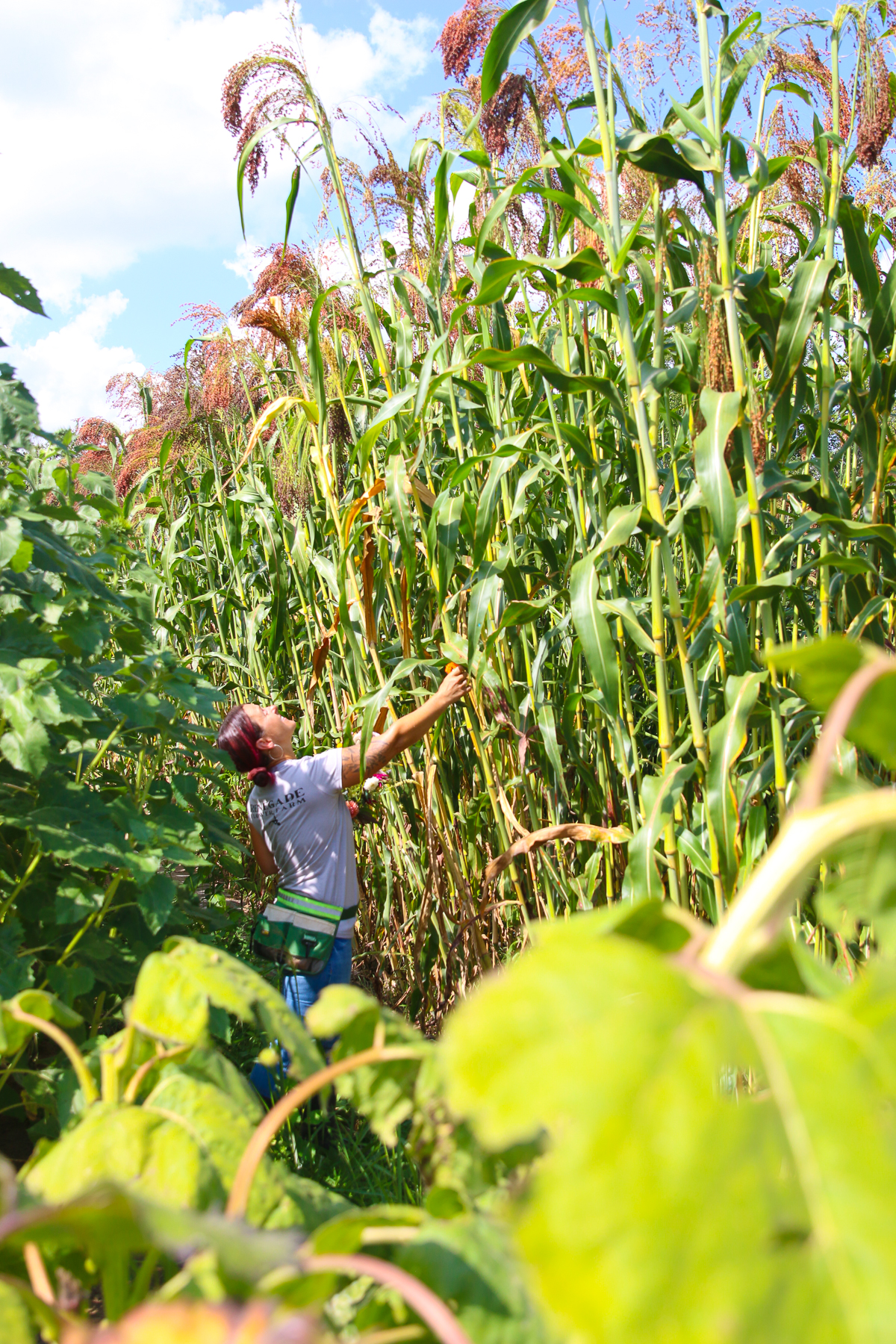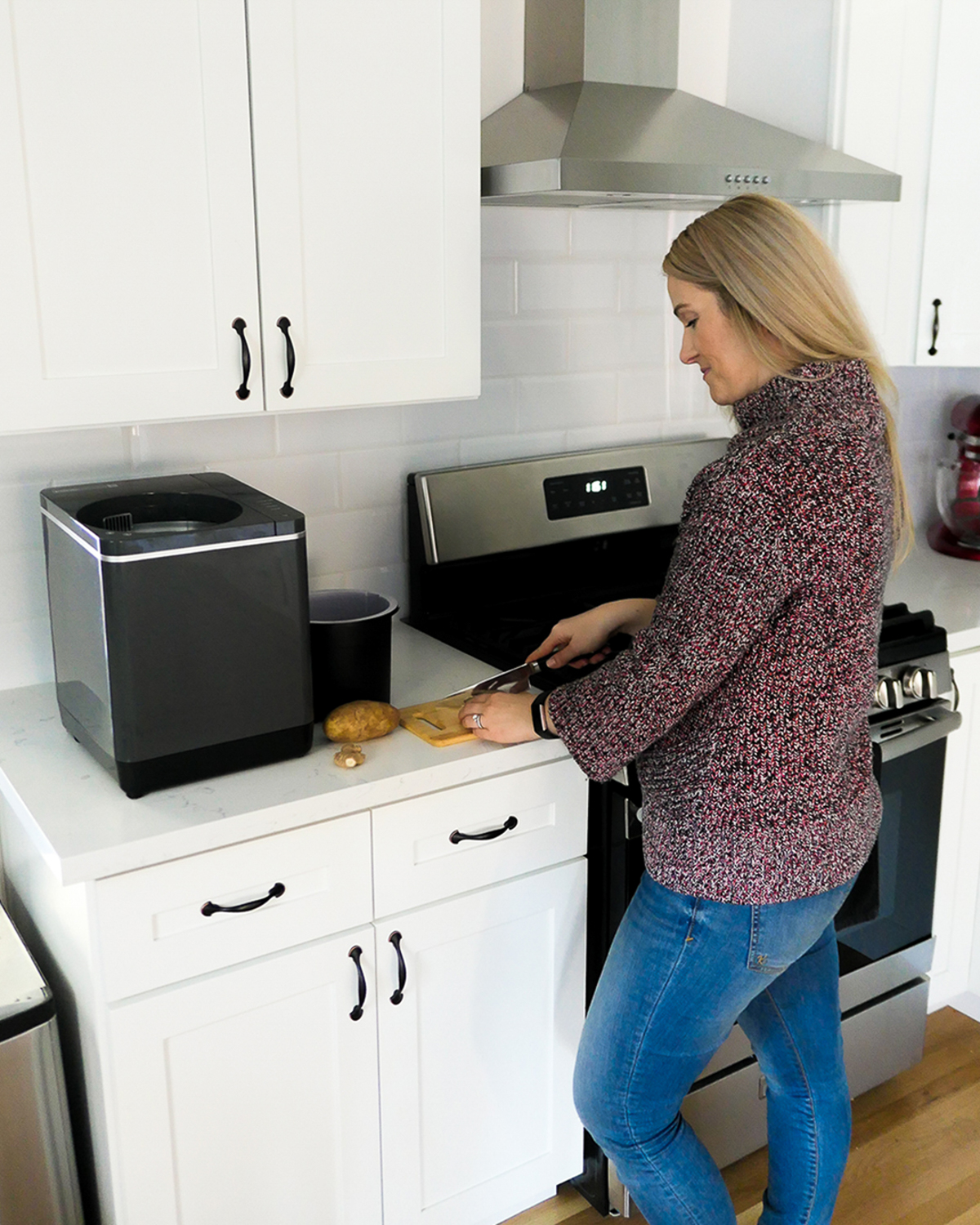Why Blockchain Will Transform Ethical Supply Chains
Have you heard of Blockchain? Can you envision a decade-old computer technology now becoming a key player in raising transparency and accountability in our supply chains? Believe it… because Blockchain could contribute to a paradigm shift in ethical consumption that will give us far greater insight into where our purchases come from. The technology is definitely here, and it’s making waves in supply chain transparency.

What if we could trace the path of a product from its origin, as a collection of raw materials, all the way to purchase when it landed in our hands? Can you imagine what that could do for transparency and how much better we could understand the supply chains for every product we buy? The technology is here. The reality of such a system is just around the corner. It has BIG MONEY behind it from companies like IBM and Walmart that are bringing it to market quickly.
Get To Know Blockchain
Blockchain is a computer science technology, the back end nuances of which I do not fully understand. We don’t, however, need to know exactly how blockchain works to understand why it matters and the potential impact it could have on consumption decisions.
At its core, Blockchain is a record-keeping system that can house all sorts of data. Unlike a traditional database that is maintained by one party, a Blockchain is maintained by multiple data owners who collectively retain identical copies of the transaction history that comprise the block chain. This technology offers a host of opportunities to support ethical and sustainable living.
Blockchain To Support Transparency and Ethical Consumption
As it relates to ethical consumption, Blockchain can record transactions with incredible transparency, immediacy and on global scale. By scanning an RFID or barcode, for example, Blockchain can track an item through every step of the supply chain, and the validity of each transaction is vetted and recorded in multiple identical ledgers. Modification in Blockchain data is virtually impossible.
In other words, we could have the ability to know exactly where our purchases originated and how they arrived on our doorstep with previously unavailable transparency.
Tracking Every Step of the Journey
One of the most significant challenges in managing ethical consumption is understanding the supply chain. We often don’t have transparency into the real path of a product from raw material to finished good. Even retailers have trouble tracing their products back through all the layers of contractors, subcontractors, farmers and growers around the globe. Blockchain has the capability to change this.
Imagine if you could see through Blockchain records where a diamond originated. We could better understand which diamonds are blood diamonds and which came from mines with more ethical employment practices. Blockchain could tell us if the palm oil in a product came from a sustainably-managed farm. We could know if our new shirt was made in a factory that upholds fair labor practices. Someday, we might even be able to track where our trash ends up.
Although it’s been riding the tailwinds of bitcoin, Blockchain will be more disruptive than any crypto-currency. We need disruption in many of our broken supply chains, and Blockchain will likely be one of the keys to solving this messy puzzle.
Blockchain Being Driven By Deep Corporate Pockets
Some might argue that big companies are the cause of many inequities in our consumer cycle, and in certain cases, that’s true. But I think big corporations get a bad rap. Multi-national corporations have deep pockets and sophisticated supply chains to drive change quickly and efficiently when it’s worth their while. When their best interest aligns with the goals of ethical consumers, we ought to celebrate that we have corporate dollars in our court.
On a few occasions recently, we’ve seen massive recalls of food products due to e-coli or other contamination. Without knowing the precise source of the contamination, immense amounts of perfectly good food ended up in the trash. This isn’t good for anyone. It’s not good for grocery store bottom lines. It’s bad for environmentalists and zero waste advocates. It’s bad for consumers. It sucks!
With help from IBM, Walmart decided to implement Blockchain technology to track certain products from farm to shelf. If one shipment of lettuce is contaminated, in just minutes, Walmart can track that shipment back to its exact origins, determine which other products are impacted, and limit their waste to only those packages that also might be contaminated. For Walmart, Blockchain technology prevents massive food waste and empty shelves for customers while also protecting Walmart’s bottom line.
Entire Supply Chains Implementing Blockchain Technology
Walmart implementing Blockchain technology isn’t just a paradigm shift for Walmart. If Walmart wants to know the origins of each package of lettuce, every vendor in the supply chain for that product must adopt the technology. Currently, the pilot program is limited to a few particular products and a handful of large companies in the food supply space from farm to grocery store. The deep pockets of Walmart and several other large food companies, however, are setting the stage for a change that can be scaled and replicated across other supply chains and in other industries. They are paving a path that could be a paradigm shift for ethical consumption.
Blockchain will almost certainly be at the foundation of future supply chain management. Although the application of Blockchain to real-world scenarios is in its infancy, execution in these small pilot programs sets the stage for large-scale adoption that could drastically increase visibility into and accountability within all sorts of global supply chains.









